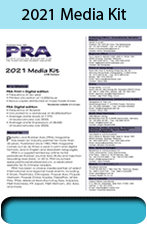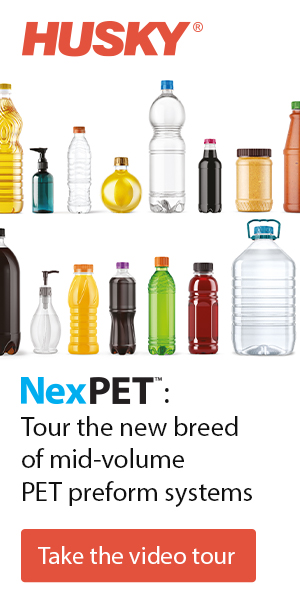Borealis to step up Project Stop’s plastics recycling reach in Indonesia

Austrian chemical firm Borealis has announced a significant financial commitment to expand Project STOP, an initiative it co-founded with SYSTEMIQ in 2017 to prevent plastic waste from entering the world’s oceans. With this expansion, Project STOP will extend effective circular waste management to 2 million people in Indonesia, with the goal of properly managing 25,000 tonnes/year of plastic once at full scale by 2025.
The ultimate objective is to enhance the circular economy for plastics in the region.
Project STOP works hand-in-hand with city governments to create effective circular waste management systems in high-need areas of Southeast Asia. The initiative supports cities with technical expertise to achieve zero-leakage of waste, increase recycling, build economically sustainable programs, creating new jobs and reducing the harmful impact of mismanaged waste on public health, tourism and fisheries.
The first city partnership was established in 2018 in Muncar, located in the Regency of Banyuwangi, East Java. Project STOP also operates two additional city partnerships, in Pasuruan, also in Java, and Jembrana, on the northwest coast of Bali.
“We at Borealis want to showcase together with our partners how to end the plastic waste issue,” says Borealis CEO Thomas Gangl. “Plastics are key for prosperity and a modern life. We need to implement waste management solutions to avoid any negative impact to the environment from those valuable materials. Turning challenges into opportunities, this approach is in line with Borealis’ commitment to accelerating the circular economy for plastics. As Project STOP continues to grow, we look forward to welcoming new strategic partners, whose skills and resources will be crucial to addressing this significant global challenge together.”
By the end of April 2021, Project STOP had reached nearly 200,000 people across its three city partnerships with new waste management services, collected more than 11,000 tonnes of waste, and prevented nearly 10,000 tonnes of waste from leaking into the environment.
The initiative has created 210 jobs in the waste management industry in these cities, contributing to both the creation and protection of livelihoods in the communities where it works. As Project STOP’s impact has grown, the number of strategic partners has also grown to include the Norwegian Government, Nova Chemicals, Nestlé, Borouge, the Alliance to End Plastic Waste, and Siegwerk.
Borealis says Project STOP’s success is in large part thanks to these collaborations as well as its close partnership with local and national government offices in Indonesia, including the Regency DLH (Environmental agency) and the National Ministry for Environment and Forestry (KLHK) and the Coordinating Ministry for Maritime and Investment Affairs (CMMAI).
Optimising the financial sustainability of waste collection and sortation remains a key priority for all partners to ensure future continuity of the system. Project STOP explores sustainable financing models through governmental and private sector systems. Renewed financing will support a coordinated governance model with clear responsibilities and accountabilities, further contributing to the waste system’s effectiveness and efficiency. These efforts in sum aim to contribute to Indonesia’s national commitment to reduce ocean plastic pollution by 70% by 2025.
“The success of these city partnerships has shown that Project STOP’s concept works,” says Joi Danielson, Partner at SYSTEMIQ. “In close collaboration with all levels of government, it has established the necessary infrastructure, secured investment and developed a sustainable financial model that will cover the system’s running costs. The inclusive nature of the approach—drawing on the experience and expertise of stakeholders including national ministries, local authorities, communities and the private sector—is the cornerstone of our approach, and it is the key to future growth. We are excited to see the additional positive impact this renewed commitment will make on the lives and livelihoods on so many people.”
(PRA)
Subscribe to Get the Latest Updates from PRA Please click here
©2021 Plastics and Rubber Asia. All rights reserved.

©2020 Plastics and Rubber Asia. All rights reserved.
Home Terms & Conditions Privacy Policy Webmail Site Map About Us

















